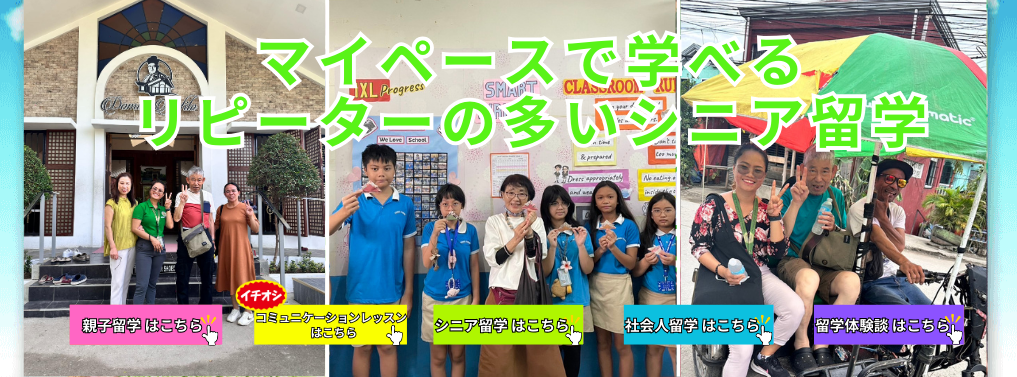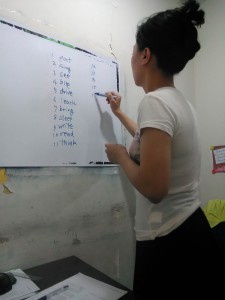
The Relationship Between Language & Culture and the Implications for Language Teaching 言語と文化の関わり
The relationship between language and culture is deeply rooted. Language is used to maintain and convey culture and cultural ties. Different ideas stem from differing language use within one’s culture and the whole intertwining of these relationships start at one’s birth.
From birth, the child’s life, opinions, and language are shaped by what it comes in contact with. Brooks (1968) argues that physically and mentally everyone is the same, while the interactions between persons or groups vary widely from place to place. Patterns which emerge from these group behaviors and interactions will be approved of, or disapproved of. Behaviors which are acceptable will vary from location to location (Brooks, 1968) thus forming the basis of different cultures. It is from these differences that one’s view of the world is formed. Hantrais (1989) puts forth the idea that culture is the beliefs and practices governing the life of a society for which a particular language is the vehicle of expression. Therefore, everyone’s views are dependent on the culture which has influenced them, as well as being described using the language which has been shaped by that culture.
The implications of language being completely entwined in culture, in regards for language teaching and language policy are far reaching. Language teachers must instruct their students on the cultural background of language usage, choose culturally appropriate teaching styles, and explore culturally based linguistic differences to promote understanding instead of misconceptions or prejudices. Language policy must be used to create awareness and understandings of cultural differences, and written to incorporate the cultural values of those being taught.
言語と文化との関係が深く根ざしています。言語は文化と文化のつながりを維持し伝えために使用されます。
さまざまなアイデアは、自分の文化内の異なる言語使用に由来し、これらの関係の全体の絡み合いは、
自分の生まれたときから始まります。生まれてから、子供の人生、意見、および言語は、それが接触何によって
形作られています。
ブルックス(1968)は、人やグループ間の相互作用が、場所によって大きく異なりながら、肉体的にも精神的に誰もが、
同じであると主張しています。これらのグループの行動との相互作用から出現パターンはの承認、またはの不承認
となります。許容される行動は、このように異なる文化の基礎を形成する場所から場所(ブルックス、1968)に
変化します。それは世界の1のビューが形成されているこれらの違いからです。 Hantrais(1989)文化が特定の
言語が式の車両であるために、社会の生活を支配する信念と実践であるという考えを述べます。したがって、
すべての人の見解は、それらに影響を与えただけでなく、その文化によって形作られている言語を用いて記述
されている文化に依存しています。完全に言語教育と言語政策のために関しては、文化の中で絡まっている言語の
影響がはるかに達しています。語学教師は、言語使用の文化的背景に生徒に指示文化的に適切な教育スタイルを選択し、
その代わりに誤解や偏見の理解を促進するために、文化的に基づいて、言語の違いを探る必要があります。
言語政策は、文化の違いの認識と理解を作成するために使用される、と教えられている人々の文化的価値を組み込む
ように記述する必要があります。






























 Copyright 2020 Universe Language Institute ALL RIGHTS RESERVED.
Copyright 2020 Universe Language Institute ALL RIGHTS RESERVED.